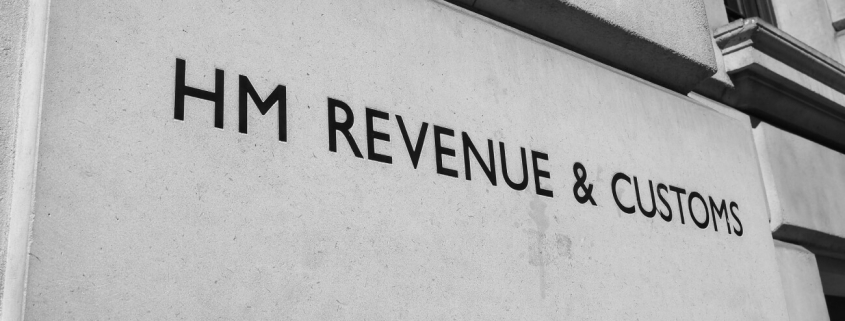Got a Self Assessment tax return to fill in but not sure what your business can claim back? Understanding what your allowable expenses is integral and can really help your business.
If you’re self-employed, your business will have various running costs. You can deduct some of these costs to work out your taxable profit as long as they’re allowable expenses.
Allowable expenses do not include money taken from your business to pay for private purchases.
Below is a summary of the costs you can claim as allowable expenses (source HMRC)
These include:
- Office costs, for example stationery or phone bills
- Travel costs, for example fuel, parking, train or bus fares
- Clothing expenses, for example uniforms
- Staff costs, for example salaries or subcontractor costs
- Things you buy to sell on, for example stock or raw materials
- Financial costs, for example insurance or bank charges
- Costs of your business premises, for example heating, lighting, business rates
- Advertising or marketing, for example website costs
- Training courses related to your business, for example refresher courses
Business versus Personal
There can be circumstances where self employed individuals incur costs for both business and personal reasons, you can only claim allowable expenses for the business costs.
Example – Your mobile phone bills for the year total £200. Of this, you spend £130 on personal calls and £70 on business.
You can claim for £70 of business expenses
Working from home
As companies and individuals around the world are forced to telecommute amid the COVID-19 pandemic, many people are grappling with the reality of working from home for extended periods of time.
You may be able to claim a proportion of your costs for things like:
- Heating
- Electricity
- Council Tax
- Mortgage interest or rent
- Internet and telephone use
You’ll need to find a reasonable method of dividing your costs, for example by the number of rooms you use for business or the amount of time you spend working from home.
Example – You have 4 rooms in your home, one of which you use only as an office.
Your electricity bill for the year is £400. Assuming all the rooms in your home use equal amounts of electricity, you can claim £100 as allowable expenses (£400 divided by 4).
If you worked only one day a week from home, you could claim £14.29 as allowable expenses (£100 divided by 7).
For more information get in touch with one of our Accountants.











